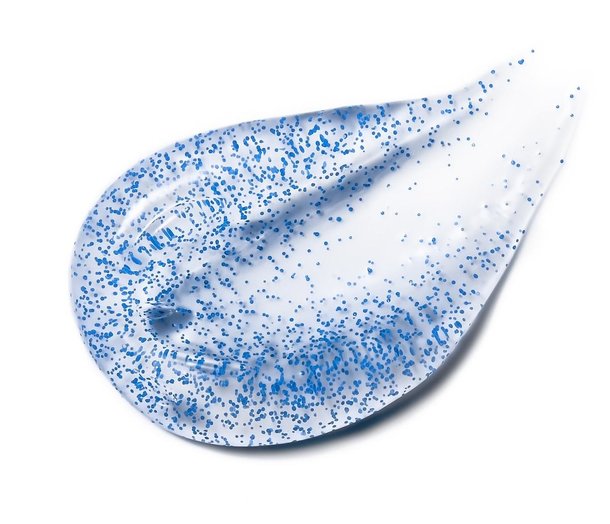 Personal care products with plastic microbeads have been outlawed in the United States and the ban is now also coming to New Zealand.
Personal care products with plastic microbeads have been outlawed in the United States and the ban is now also coming to New Zealand.
A microbead is any solid plastic particle that is less than 5 millimetres and is used for the purpose of exfoliating or cleansing. These tiny plastic beads have become ubiquitous in hundreds of products ranging from body scrubs to toothpastes. They are designed to provide an exfoliating sensation for users and then wash down drains.
But because they are made of plastic, microbeads do not dissolve and may pose a threat to the environment. The New Zealand Government is planning to ban plastic microbeads in personal care products because they can cause long-term damage to aquatic animals, which mistake them for food.
Many consumers will be well aware of these environmental issues and the upcoming ban. It is anticipated that sales of beauty products with plastic microbeads will be phased out. The plastic microbeads could also be replaced by other less damaging products.
Environment Minister Nick Smith’s announcement of the ban on microbeads is good news and one the industry is fully behind, said Seafood New Zealand Chief Executive Tim Pankhurst.
“These small plastic particles, which do not biodegrade are a well-known hazard to the environment,” Pankhurst said.
“Research has shown that fish may eat the particles, rather than natural food sources, and they either die of starvation or their growth is stunted before they reach maturity. The minute beads are a hazard and are causing needless damage to New Zealand’s waterways and seas. The ban is effective July 2018 but it would preferable for that to be brought forward,” said Pankhurst.



